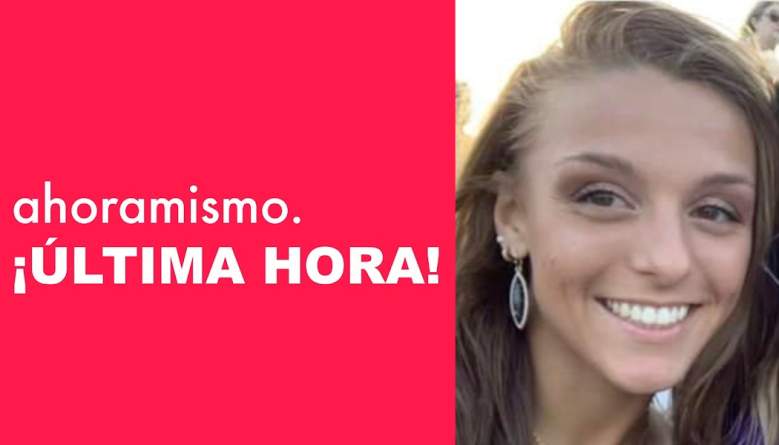“Expect the unexpected”
predictions? plans? – Forget it, says the pandemic. screenplays? position markers? – Let’s see, say series makers today. And improvise. The five-part rap musical HYPE by COSMO shows that it can be worth it – and on top of that it’s a lot of fun.
At the re:publica panel “Expect the unexpected – How series improvise” HYPE creator Esra Phul talks about the authenticity of the series. “Everything we tell at HYPE are real stories. They happened exactly like this or something similar. We didn’t invent anything. We cast the performers from the neighborhoods that we also tell about. Then people have their own role also felt.”
In order to depict reality as authentically and directly as possible, HYPE dispensed with previously written dialogues and relied on improvisation and amateur actors. And that gives the series something very special, enthuses panel moderator Emily Thomey from the COSMO series podcast “Glotz und Gloria”: “It always impresses me when I see improvised things. With HYPE I thought the whole time: Wow, the dialogue is great right now in the situation! There’s something magical about it.”
Panel on the future of WDR
The majority of Germans trust ARD and ZDF. That’s good, because our democracy needs strong public media. But to do this, they have to translate the information and educational mandate into the digital realm. On which platforms do you reach the audience? What to do against fake news? And what does the editorial office of the future look like?
Jörg Schönenborn: “Looking at the world is full of curiosity. You have to get involved with the generation of very young doers. Watching and listening opens up new perspectives.”
In order to understand people’s perspectives, it is important to involve them right from the start, says Lisa Zauner. The user lab at WDR started right there: “We present our format ideas to the target group and develop them together. After all, it’s not about us liking an idea, but the users.”
The Innovation Hub goes much further, the colleagues are also researching which jobs there should be in the WDR in the future. Traditional journalists are still in demand, but not only. “We also need data specialists, project managers and format developers who focus on users right from the start. They then work together in interdisciplinary teams on the future of public law,” says Lisa Zauner at the re:publica.
Journalistic distance in the Ukraine war
At a panel discussion at the re:publica, MONITOR director Georg Restle discussed the topic of distance in journalism with three colleagues: How neutral and balanced can the situation in Ukraine be assessed when the war limits the flow of information and reporting puts?
Ina Ruck, head of the ARD studio in Moscow, and Katrin Eigendorf, ZDF correspondent from Ukraine, emphasize the importance of journalistic distance. The journalist Katja Goncharova, who recently fled to Germany from the Ukraine and has been working for WDRforyou for a few weeks, was also invited. Her point of view was different. Since she herself lost colleagues and friends in the Ukraine war and her partner volunteered, she personally finds it particularly difficult to talk about and maintain distance.
re:publica 2022: MONITOR Forum: Journalists in the Ukraine War – (Too) Close?
re:post 22
The re:publica is the festival for digital society and takes place from 8.-10. June 2022 in the Arena Berlin and the Festsaal Kreuzberg. The motto this year is “Any Way the Wind Blows”.
–


